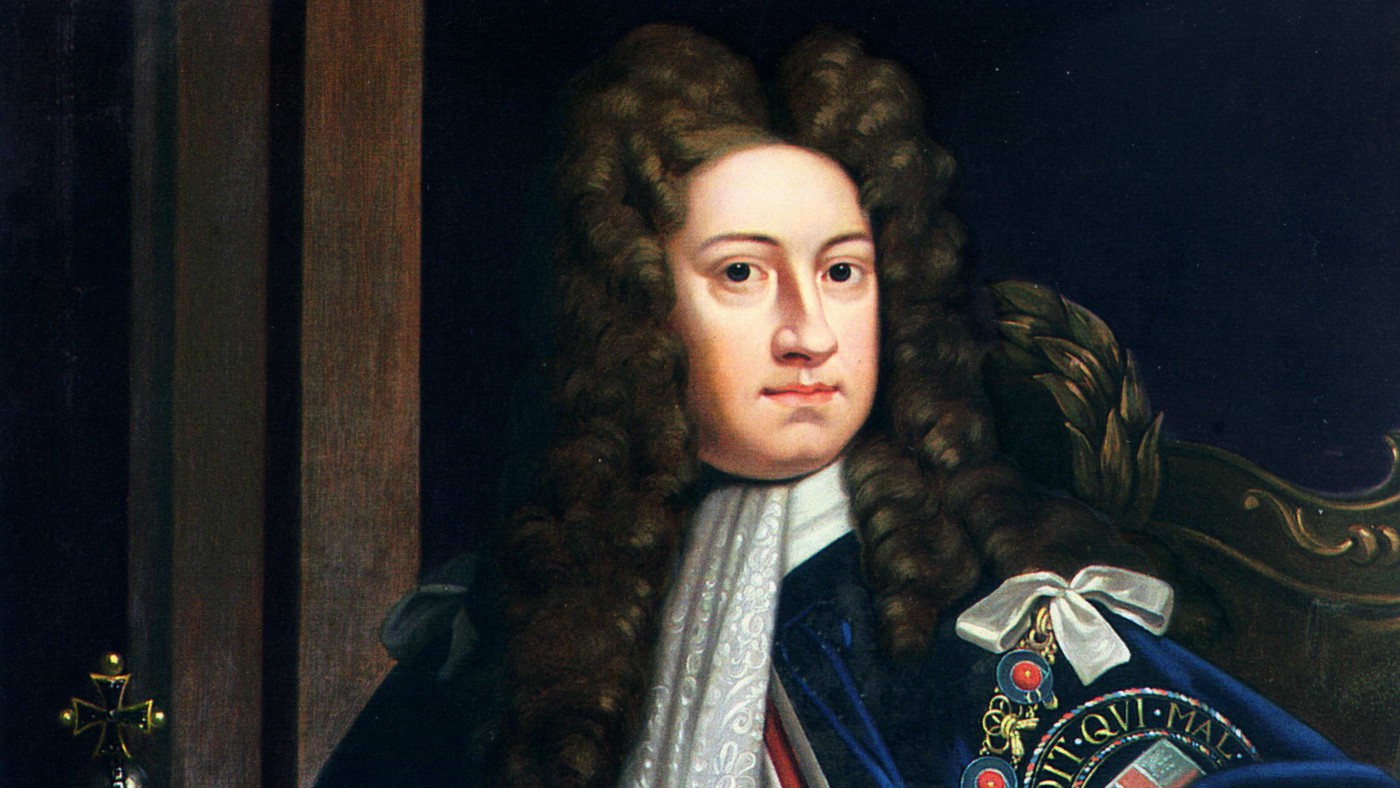This autumn there have been various exhibitions and television programmes in the UK commemorating the accession of George I, 300 years ago this month. However, what has generally been missing is the realisation that those who believe in capitalism and free markets also have great cause to celebrate the arrival of the corpulent Elector of Hanover on the British throne.
A visit to any historic British town will give you a clue why. The glorious legacy of Georgian architecture is a reminder that his arrival initiated an amazingly prosperous period. Georgian Britain rivals Renaissance Florence, 1920s New York or Shanghai now as a time of transformative economic growth, driven by new technology, a confident culture and a rising middle class.
George I came to the throne in uniquely auspicious constitutional circumstances, which had the effect of bringing to an end a century of strife and faction. His acceptance of those strict terms consequently initiated a period of political ease and stability and this, in turn, brought forth an era of limited Parliamentary Government, legal certainty, low interest rates, reasonable taxation, enterprise and innovation. These are the classic ingredients of economic growth.
The Glorious Revolution of 1688 was followed in subsequent decades by what PGM Dickson famously dubbed “The Financial Revolution” in the City of London and Edinburgh. There was an agrarian revolution too, which economists sometimes forget, but the combined effect of these was – literally – to feed the industrial revolution and Britain’s ascent as a world military and commercial power.
The Bank of England was founded in 1694 and although Tories saw it as a device to favour “the monied interest”, ie Whigs, it enabled the British government (and consequently the rest of the country) to borrow at among the lowest rates of interest in the world. As Macaulay records, the word “stockjobber” was first heard on the streets of London with the founding of the Stock Exchange and dozens of companies tumbled onto the nascent new listings market. Insurance got going too, and companies like Hand in Hand, the Sun Fire Office (the forerunner today’s Royal Sun Alliance) and London Assurance opened for business.
Of course, it was not entirely plain sailing. The South Sea Bubble gave contemporaries their first taste of a financial crash and the spirit of enterprise and trade had an unfortunate subsidiary: the Slave Trade.
These flaws should not, however, blind us to the undeniable proposition that Georgian Britain was an affluent, cultured and liberal era, envied around the world. But it might not have been so.
Many at the time assumed that when William of Orange and then Queen Anne died, they too would have to be succeeded by Protestants. Not so much because of differing views about the Communion Rite and the Apostolic Succession, but because the alternative would be a Stuart princeling, in the pocket of France, who might turn the clock back by espousing doctrines of the Divine Right of Kings and Absolutism. You only had to look at France to realise that the Financial Revolution and its related developments were anathema to the Stuart Pretenders and would have been stopped in their tracks had they successfully returned to Britain. The French model was to rely not so much on private, but state sponsored finance. When France did experiment in capitalism, it embarked on a money-printing mania – the Mississippi Company.
George was apparently 57th in hereditary line to the throne and his claim rested almost entirely on an Act of Parliament drafted for the purpose. It is fashionable in some circles to decry the Act of Settlement of 1701 now, but for several hundred years the stable Constitutional Monarchy it created has provided a fertile flowerbed from which our society can grow. The fact that he accepted the Act, to ascend the throne for a somewhat dull reign, had lasting and largely benign economic ramifications. Peace and stability at home, investment and innovation meant British manufactured goods came to dominate world markets. British merchants were dispatched to America, Africa and Asia. The Financial Revolution gathered pace. A building boom commenced. This included the construction of infrastructure by the private sector, whether via turnpikes, or canals, starting with the Bridgewater Canal near Manchester.
George I is an unlikely free market poster boy but on reflection it is no surprise that one of the most dynamic periods in our history is named after him.


